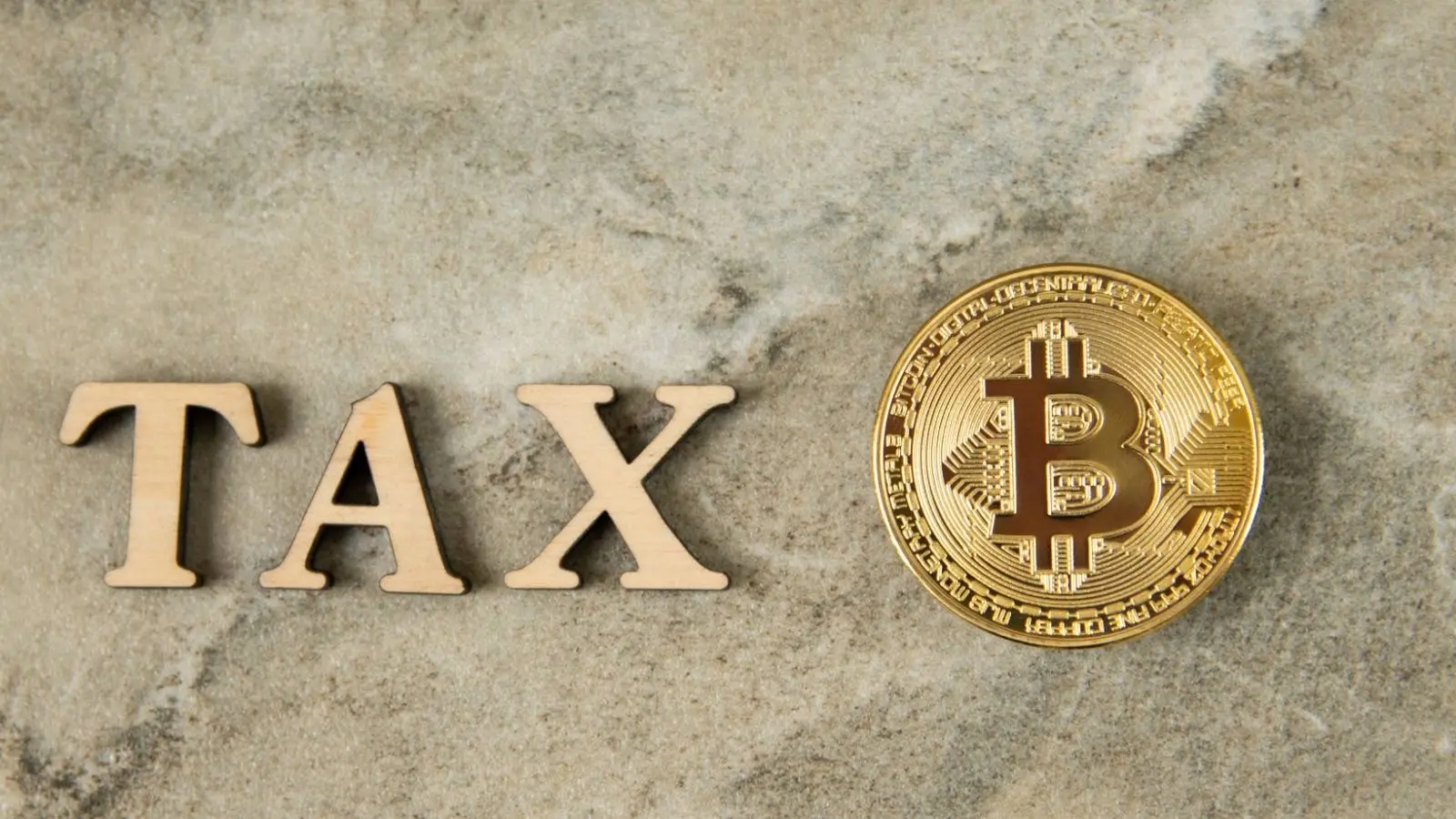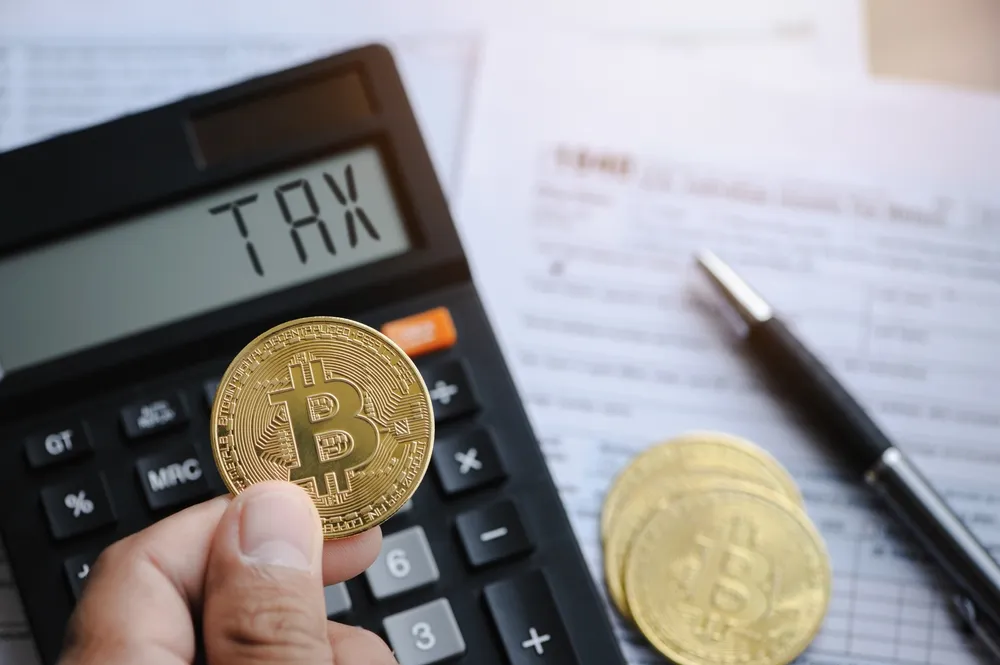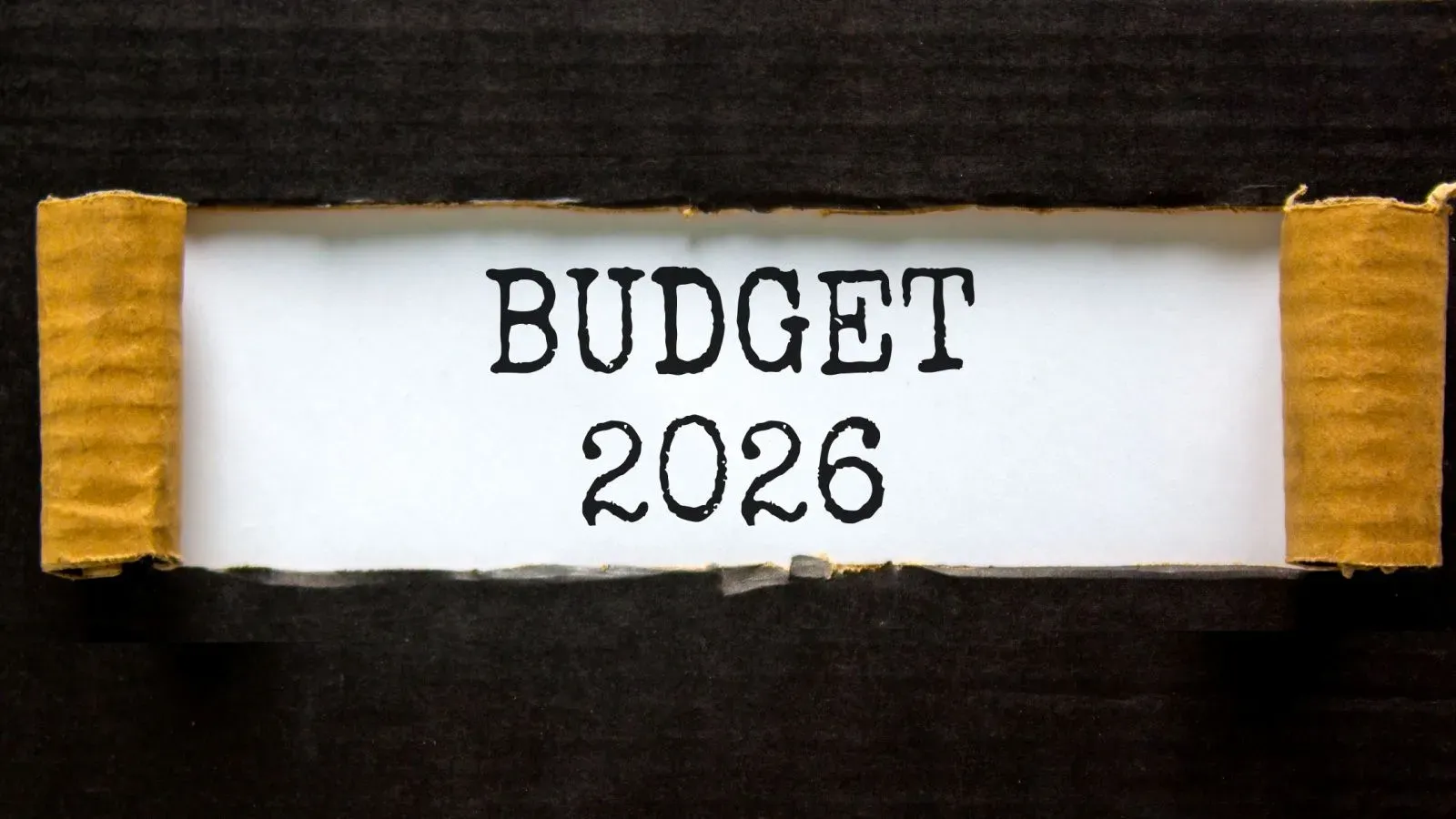Personal Finance News
Bitcoin at $118,000: How to report BTC income in ITR 2025 and how is it taxed?

3 min read | Updated on July 11, 2025, 14:26 IST
SUMMARY
Bitcoin price has jumped over ₹1 crore ($1,18,000). Wondering, how is income from Bitcoin taxed in India? Under Section 115BBH, you have to pay tax at the rate of 30% on any income from the transfer of Bitcoin. There is no deduction allowed.

Bitcoin is taxed at flat 30% interest. | Representational image source: Shutterstock
Bitcoin has surged to a record new all-time high. At the time of updating this article on July 11, 2025, the original cryptocurrency was trading at $118,055 (over ₹1 crore). Since July 11, 2024, the Bitcoin price has jumped by over 90%.
Investing in Bitcoin and any other cryptocurrency is extremely risky. They are also not recognised as assets worth investing in by India's financial regulators.
However, if you have still been investing in Bitcoin from India and realised gains, you need to be aware of the tax implications and how to report such income in the Income Tax Return (ITR). Let's have a look at them.
How is income from Bitcoin taxed?
Bitcoin is treated as a Virtual Digital Currency (VDA) for taxation. While there are various other digital assets clubbed among VDAs, this article focuses only on how the income from Bitcoin is taxed and how to report it in the ITR.
Under Section 115BBH of the Income Tax Act, you have to pay tax at the rate of 30% on any income from the transfer of Bitcoin. There is no deduction allowed.
However, the 30% tax applies to the income, i.e., the amount remaining after reducing the total sale consideration by the total cost of acquisition.
Let's understand with an example:
Suppose, you purchased Bitcoin for ₹10,00,000 and in a year sold your holdings after making a 90% absolute return.
-
The cost of acquisition: ₹10,00,000 (A)
-
Sale/transfer amount: ₹10,00,000 + 90% of ₹10,00,000 = ₹19,00,000. (B)
-
Income from transfer: B-A = ₹9,00,000
-
Tax to be paid: 30% of ₹9,00,000 = ₹3,00,000.
You are not allowed to offset any loss arising from the transfer of VDAs like Bitcoin against any other income.
Moreover, you cannot carry forward losses from Bitcoin investment for set off with any other income earned in future years.
Bitcoin gifts are taxed in the hands of the recipient
If you have received Bitcoin with a fair market value (FMV) of over ₹50,000 as a gift or free transfer without any consideration, then the entire amount will be taxed at 30% as your income.
If you have received Bitcoin after paying less than the FMV, then the difference between the FMV and the amount you have paid will be taxed if it is over ₹50,000
Some examples:
-
Received Bitcoin worth ₹1,00,000 for free as a gift: ₹1,00,000 will be taxable at the rate of 30% in your hands
-
Purchased Bitcoin for ₹1,00,000 but its fair market value is ₹1,90,000: In this case, the difference, i.e., ₹90,000 will be taxable in your hands as VDA income at 30%.
How to report Bitcoin income in ITR
Starting from FY 2022-23, the Income Tax Return forms have a dedicated section called Schedule - Virtual Digital Assets (VDA). You have to fill out the Schedule VDA for reporting any income from Bitcoin.
In Schedule VDA, you are required to disclose the following details:
- Date of acquisition and sale of Bitcoin
- Cost and consideration received from sale of Bitcoin
- Tax paid at 30% without deductions.
Related News
By signing up you agree to Upstox’s Terms & Conditions
About The Author
Next Story




